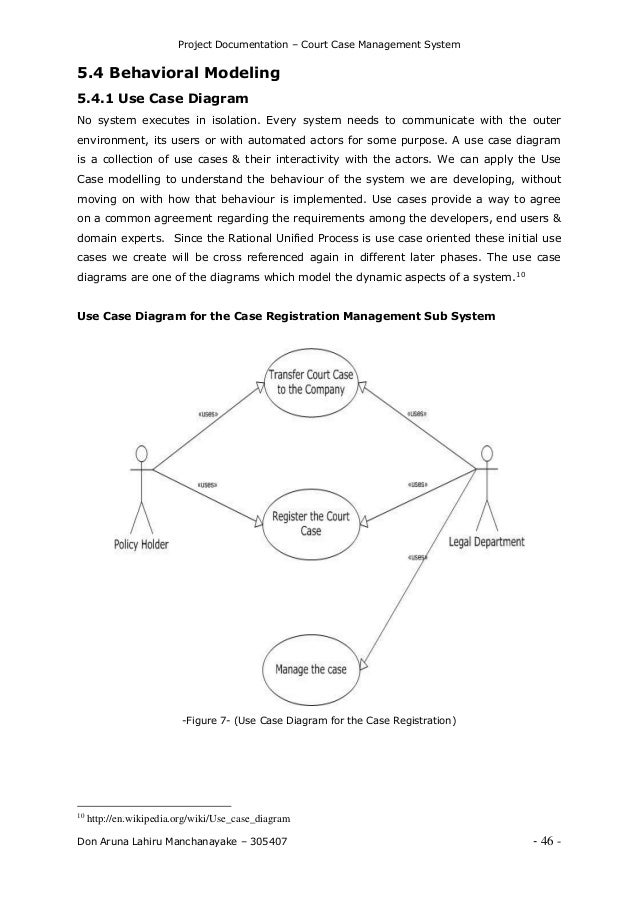

On the other end of the spectrum (both in politics and verbiage) is Lindsay Graham, whose website squeaked out a dismal ~2200 words. We get it, O'Malley, you probably were a NaNoWriMo winner three years running too.

While Martin O'Malley may not have had a ton to say in the democratic debates, he certainly has a lot to say online. Here are two word clouds (generated via ) showing all of this text for the Democrats and Republicans: This totaled over 128k words, 74k from the Democrats and 54k form the Republicans. So to gather this data, I went to each of the candidate's websites, found whatever page (or usually pages) they had listed as "issues" or similar, and wholesale copied all the text. Still, websites offer a ready source of information on the distilled message each candidate has prepared on "the issues". It's amazing how terrible some of these websites are. You should be able to see what the candidate really thinks of their own image and platform, and their stance on "the issues". They have total control of the content, layout, and aesthetic, and most are well funded (or, well enough to hire a startup web developer at least). I'm of the opinion that a good metric to judge a presidential candidate by is their website. It got me thinking: what are these "issues", and what does each candidate actually say about them? This might be empirically true, given how much smaller a field the Democrats are currently competing in. on NPR) saying how they focused more on "the issues" than the Republicans. There was much media chatter after the Democratic candidate debates (e.g. For my international readers, a US election is a lot like a game of poker being played by circus animals on live TV: there may be a "winner", but typically we all lose. You might have read or heard somewhere that in 2016 the US will once again hold a presidential election.


 0 kommentar(er)
0 kommentar(er)
